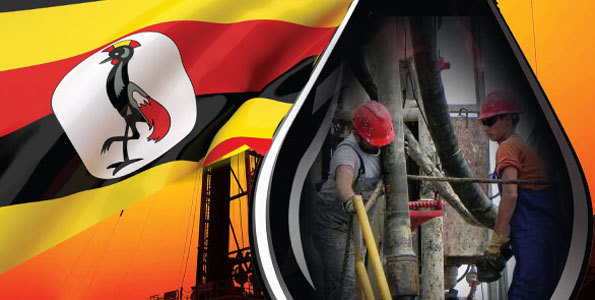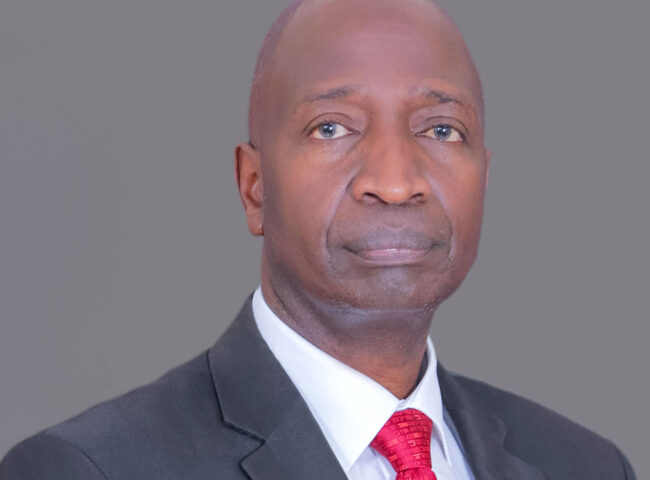After over two months, Uganda’s publicly contested upstream oil bill is not law. The law is not even on the President’s desk. According to sources in the Ugandan parliament, after the bill was passed in December last year, a final text for the President’s signature run into a snag after disagreements on its wording. MP Abdu Katuntu [Bugweri] said there was a risk that amendments agreed to would be altered in the final document.
“ We have told the team of lawyers working on the document that they will face a legal challenge for even the slightest deviations,” he said. Katuntu and a group of Mps known as the Parliamentary Forum on Oil and Gas are currently meeting over the 3rd of the oil bills, the Public Finance Bill.
However the delays in signing the very first bill passed reflect the continual contest over every chapter and verse of arguably the most fought over law in recent years. The first draft of the bill appeared in mid 2010. Almost 3 years later despite the rhetoric from government officials that the law was key to unlocking the sector, there is no law.
To be fair oil itself was discovered in 2007. One industry watcher likened decision making in the Ugandan system to the sitcom “Generations”, popular on the beleaguered UTV/UBC. ” Just when you think you have figured it out, a new twist develops, until the next episode”.
Some sources say the Presidency as well as Ministry of Energy technocrats who felt they lost out to politicians during the highly charged “oil debate” and have expressed reservations about specific clauses after the bill made it out of the House.
“ There is a local content provision for example that says 48% of industry be reserved for indigenes. This is causing discomfort for investors and is a concern of the President” said an industry insider. The delay over the bill presents legal minds with additional headaches.
Under the Ugandan constitution a bill passed by the House should be assented to within two months by a sitting President. In the case of the petroleum law the lull has been created after the bill passed the house but never made it to the Presidency. While there is no legal vacuum in Uganda which has a 1985 law for the sector, the Petroleum Exploration and Production Act of 2012 was meant to give a legal facelift to a sector which has drawn international interests from such global giants as France’s Total and China’s CNOOC.
The two companies together with their partner, UK listed Tullow oil are preparing fields for production, licenses which lawmakers and the industry expect will be issued under the new and not the old law. The legal limbo over the bill also adds to the Ugandan reputation now of procrastination and delays traced to political arrangements that stifle decision-making.
Prior to the claims over corruption in awarding of exploration licenses, a process that led to the “oil debate” of 2011, decisions in the sector were limited to a small but growing technical elite, which also advised the President. Since then however decisions across the sector have been stymied by the fear of political backlash- led by the Presidency which has sought to rekindle public confidence by investing in a political process of consultation through the ruling party’s parliamentary caucus as well as regular press conferences.
It has not helped that tax disagreements have also slowed down what companies like Tullow refer to as a “final investment decision” on how production will proceed.
Uganda is expected by the end of this month to issue a tender for a refinery- a key plank of its policy but disagreements with the oil companies over tax as well as whether a refinery will make investment sense has cast a pall over the process. The midstream (refinery bill) itself was passed but it’s unclear if it can be signed into law before the primary bill. In fact it’s unlikely. Meanwhile Uganda is engaged in legal battles over tax in 3 different tribunals. Its case with Heritage Oil awaits a ruling in a London arbitration court while Tullow oil begins a London hearing this week of its dispute with Heritage Oil in which Uganda has an interest. The company has also instituted arbitration in Washington over Valued Added Tax concerns and reportedly filed a case against Uganda in London in a latest escalation of legal disagreements. The tax issues loom large for the companies especially since no production is taking place to leverage against present tax liabilities. Its unclear what Uganda owes in past tax receipts for VAT but estimates put it at some 40M USd money the government, which is struggling to pay public servants, does not have.










